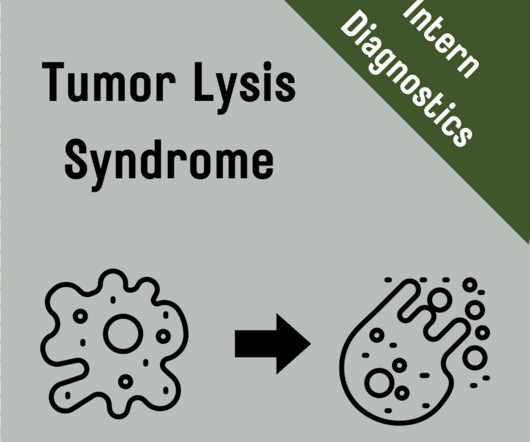Paediatric IV Fluid Prescribing
Mind The Bleep
FEBRUARY 27, 2024
There could be any number of reasons for this but some examples are: they have severe D&V and aren’t keeping fluids down, or because they are pre or post-op, or have presented very unwell and need fluid resuscitation. Which type of fluid to use? saline), however more research is needed in this area. [4]














Let's personalize your content